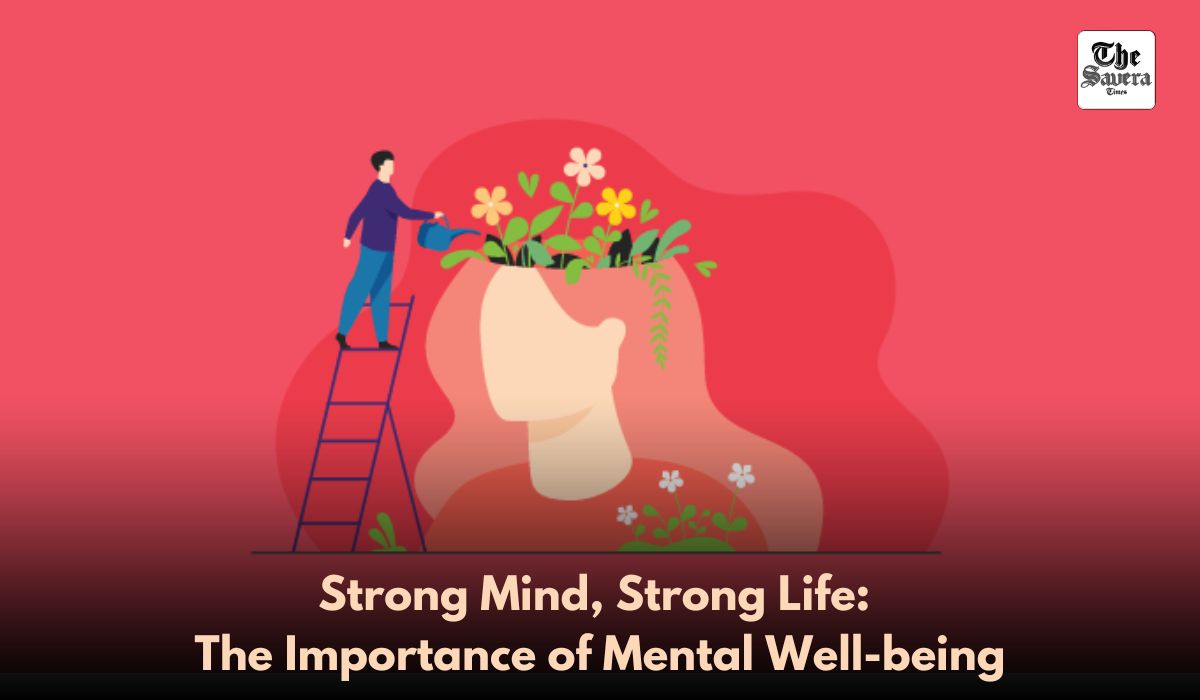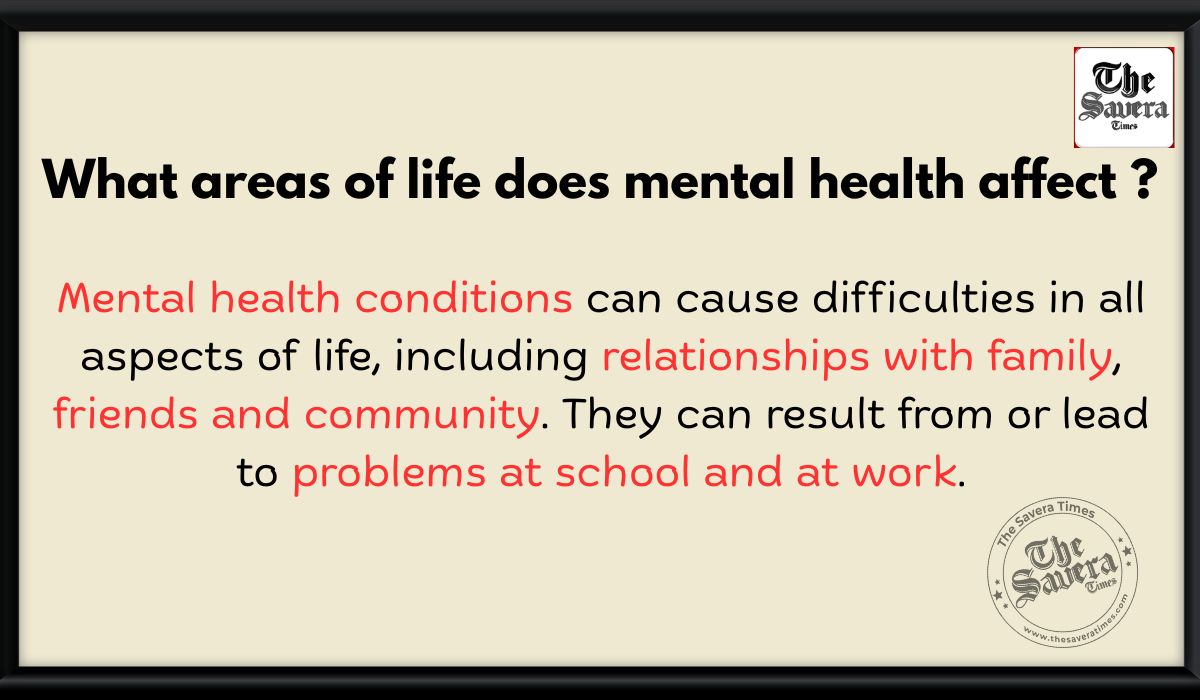
Definition of Mental Health
Mental health is a vital part of human life that enables a person to cope with the stresses of life, realize their potential, learn, work and contribute to their community. It is an integral part of health and well-being that contributes to the ability to make decisions, build relationships and shape the world around them. Mental health is a fundamental right of every person and is essential for personal, social and economic development.

Mental health conditions
Mental health conditions include mental illnesses, psychosocial disabilities and other mental conditions that are associated with significant distress, impairment in life functions or risk of self-harm. However, people with mental health conditions do not necessarily experience reduced mental well-being all the time.

Any Mental Illness
Serious Mental Illness
Factors of Mental Health
Many social, economic, political and environmental factors influence mental health. Conditions such as poverty, violence, inequality and environmental damage increase the risk of mental illness.
These risks are present at all stages of life, but risks that arise early in life, especially in childhood, are most damaging. For example, harsh parenting and physical punishment can seriously damage children’s mental health, while bullying is a major cause of mental illness.
Mental health care and treatment
In the context of efforts to strengthen mental health in any country, it is essential that not only the mental well-being of all people is promoted, but also the needs of those suffering from mental illness are understood.
The most effective solution to this is community-based mental health services, which are more accessible, acceptable and effective than institutional care. These services should include:
Mental health services integrated into general hospitals and primary health care
Community mental health centres, psychosocial rehabilitation, peer support and supported living services
Mental health services provided in social services or non-health settings such as schools, child protection and prisons

Expanding treatment in innovative ways
Given the severe lack of appropriate treatment for common mental conditions such as depression and anxiety, countries will need to expand treatment structures in new and more comprehensive ways. For example, counselling through non-experienced psychotherapists or digital self-help services.
The need for social responsibility and awareness
Just as we value exercise and a healthy diet for our physical health, self-care, seeking support and reducing the stigma associated with mental illness are also essential for mental health.
It is time for us to prioritize mental health as much as physical health, so that a healthy, safe, and prosperous society can be established.
